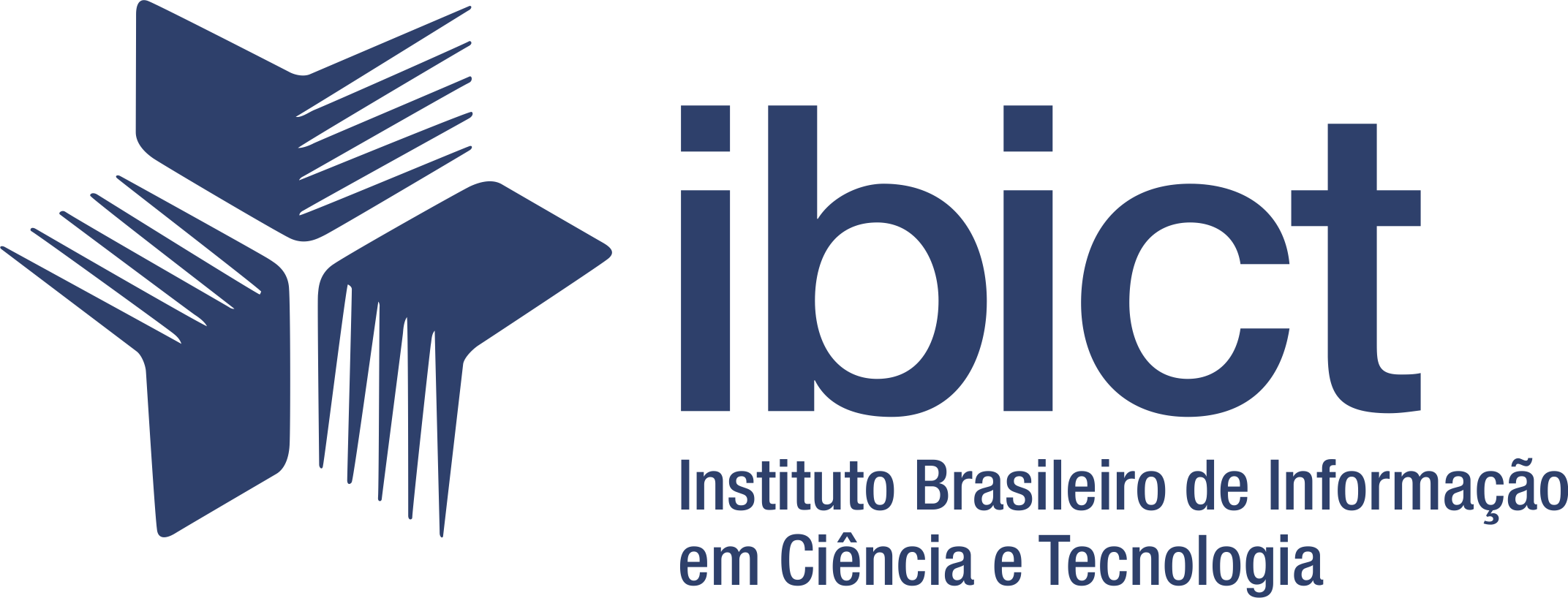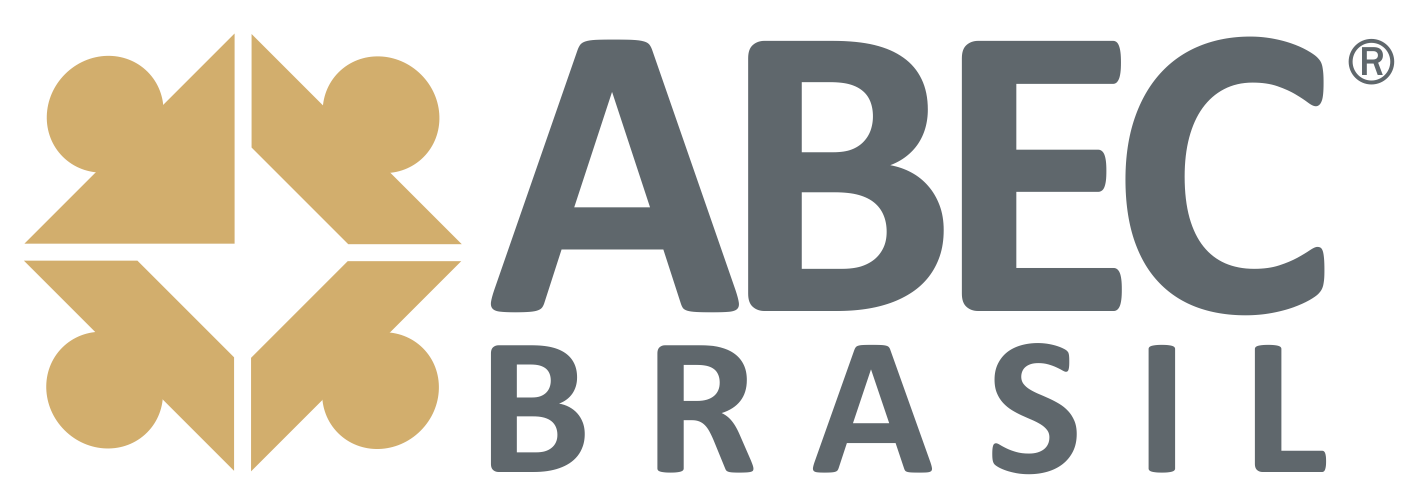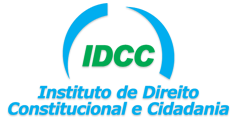A atuação do conselho de segurança da ONU e o estado de direito
DOI:
https://doi.org/10.21880/ius%20gentium.v6i4.89Resumo
RESUMO
Apresenta-se a ONU como a organização internacional de maior legitimação na história, cujo Conselho de Segurança é órgão precípuo à manutenção da paz e da segurança internacionais. Explanam-se os modos pelos quais se dá sua atuação, com enfoque na adoção de resoluções obrigatórias. Além disso, analisam-se as possibilidades, ideais e reais, do conselho ser submetido a controle contra arbitrariedades e excessos em sua atuação. Por fim, tecem-se as considerações de que as decisões do Conselho de Segurança não estão sujeitas a um controle de legalidade uno, harmônico e constante. Não obstante, tais decisões não devem ser desrespeitadas unilateralmente pelos Estados a fim de adotá-las ou não. As decisões do Conselho devem ser discutidas pelos Estados antes de sua adoção, no plano internacional, a fim de preservar a efetividade da atuação do Conselho.
Palavras-Chave: Organização das Nações Unidas. Conselho de segurança. Estado de Direito. Legalidade. Limites de atuação.
ABSTRACT
The UN is presented as an international organization of greater legitimacy in history, whose Security Council is the most important component to keep peace and international security. The ways in which its activities occur, with a focus on adoption of mandatory resolutions are explained. Moreover, the ideal and real possibilities of the council being subjected to control against arbitrariness and excesses in its operations are analyzed as well. Finally, considerations that the Security Council’s decisions are not subject to single legality control, harmonic and constant, are discussed. The Council’s decisions must be discussed by the States before their adoption, at the international level, in order to preserve the effectiveness of the Council's performance.
Key words: The United Nations Organization. Security Council. State under Rule of Law. Legality. Performance limits.
Downloads
Referências
AUST, Anthony. Handbook of international law. Cambridge University Press: New York, 2005.
AZAMBUJA, Marcos Castrioto de. As Nações Unidas e o conceito de segurança coletiva. Estudos avançados. São Paulo, v. 9, n. 25, p. 139–147, dez. 1995.
BROWNLIE, Ian. Princípios de direito internacional público. Lisboa: Fundação Calouste Gulbenkian, 1997.
CAMPOS, João Mota de (Coord.). Organizações internacionais: Teoria geral. Estudo monográfico das principais organizações internacionais de que Portugal é membro. 3. ed. rev. e atual. Curitiba: Juruá, 2008.
DINH, Nguyen Quoc; DAILLIER, Patrick; PELLET, Allain. Direito Internacional Público. 2. ed. Lisboa: Fundação Calouste Gulbenkian, 2003.
DROUBI, Sufyan El. Notas sobre as resoluções obrigatórias do Conselho de Segurança da ONU e sua introdução no direito brasileiro. Revista IMES de Direito, São Caetano do Sul, a. 8, n. 12, p. 225–270, 2007. Disponível em: <http://seer.uscs.edu.br/index.php/revista_direito/article/download/815/681>. Acesso em: 18 maio 2012.
FARRALL, Jeremy Matam. United Nations sanctions and the rule of law. New York: Cambridge University, 2007.
GLOBAL POLICY FORUM. Changing Patterns in the Use of the Veto in the Security Council. Disponível em: <http://www.globalpolicy.org/component/content/article/102-tables-and-charts/32810-changing-patterns-in-the-use-of-the-veto-in-the-security-council.html>. Acesso em: 09 mar. 2012.
GOMES, Eduardo Biacchi. Democracia e o Parlamento do Mercosul: rumos da integração sul-americana. Revista de Informação Legislativa, Brasília, a. 48, n. 191, p. 47–60, jul./set. 2011.
GUERRA, Sidney. Curso de direito internacional público. 4. ed. Rio de Janeiro: Lumen Juris, 2009.
HUFBAUER, Gary Clyde et al. Economic sanctions reconsidered. 3. ed. Washington: The Peterson Institute for International Economics, 2007.
HURD, Ian. After anarchy: legitimacy and power in the United Nations Security Council. New Jersey: Princeton University, 2007.
KELSEN, Hans. O Estado e o Direito Internacional. In: ______. Teoria Pura do Direito. São Paulo: Martins Fontes, 2006.
LIMA, Cristiane Helena de Paula. O Caráter obrigatório das decisões do Conselho de Segurança das Nações Unidas. Revista Eletrônica de Direito Internacional, v. 4, p. 413–458, jan./jun. 2009. Disponível em: <http://www.cedin.com.br/revistaeletronica/volume4/arquivos_pdf/sumario/art_v4_XV.pdf>. Acesso em: 15 fev. 2012.
LOWE, Vaughan et al. (Eds.) The United Nations Security Council and war: the evolution of thought and practice since 1945. New York: Oxford University, 2008.
MAZZUOLI, Valerio de Oliveira. Curso de direito internacional público. 2. ed. rev., atual. e ampl. São Paulo: RT, 2007.
______. Curso de direito internacional público. 5. ed. rev., atual. e ampl. São Paulo: RT, 2011.
MELLO, Celso Duvivier de Albuquerque. Curso de direito internacional público. 15. ed. rev. e ampl. Rio de Janeiro: Renovar, 2004. 2 v.
ORAKHELASHVILI, Alexander. The Impact of peremptory norms on the interpretation and application of United Nations Security Council resolutions. The European Journal of International Law, Florença, v. 16, n. 1, p. 59–88, 2005. Disponível em: <http://www.ejil.org/pdfs/16/1/290.pdf>. Acesso em: 01 maio 2012.
PAGLIARINI, Alexandre Coutinho. Construção constituinte da nova Europa e do novo mundo: a constitucionalização do Direito Internacional. In: GOMES, Eduardo Biacchi; BULZICO, Bettina Augusta Amorim (Orgs.). Desenvolvimento, democracia e dignidade da pessoa humana. Ijuí: Unijuí, 2011. p. 333–358.
RUBIN, Alfred P. Ethics and authority in international law. Cambridge: Cambridge University, 1997.
SILVA, Geraldo Eulálio do Nascimento e; ACCIOLY, Hildebrando. Manual de Direito Internacional Público. 15. ed. rev. e atual. por Paulo Borba Casella. São Paulo: Saraiva, 2002.
STENHAMMAR, Fredrik. United Nations targeted sanctions, the international rule of law and the European Court of Justice’s judgment in Kadi and al-Barakaat. Nordic Journal of International Law. Leiden, v. 79, p. 113–140, jan./mar. 2010.
SZASZ, Paul C. The Security Council starts legislating. The American Journal of International Law, Washington, v. 96, n. 4, p. 901–905, out./dez. 2002.
TALMON, Stefan. The Security Council as world legislature. The American Journal of International Law, Washington, v. 99, n. 1, p. 175–194, jan./mar. 2005.
TRINDADE, Antônio Augusto Cançado. Direito das organizações internacionais. 3. ed. rev., atual. e ampl. Belo Horizonte: Del Rey, 2003.
______. Direito das organizações internacionais. 4. ed. rev., atual. e ampl. Belo Horizonte: Del Rey, 2009.
______. Direito das organizações internacionais. 5. ed. rev., atual. e ampl. Belo Horizonte: Del Rey, 2012.
UNITED NATIONS. Draft articles on the responsability of international organizations, with commentaries. Disponível em: <http://untreaty.un.org/ilc/texts/instruments/english/commentaries/9_11_2011.pdf>. Acesso em: 19 maio 2012.
______. In larger freedom: towards development, security and human rights for all. Report of the Secretary-General, 21 mar. 2005. Disponível em: <http://daccess-dds-ny.un.org/doc/UNDOC/GEN/N05/270/78/PDF/N0527078.pdf>. Acesso em: 22 fev. 2012. p. 30.
______. Note by the president of the Security Council. Disponível em: <http://www.un.org/en/sc/repertoire/Notes/S-2010-507.pdf>. Acesso em: 02 maio 2012.
______. Official languages of the United Nations. Disponível em: <http://www.un.org/en/aboutun/languages.shtml>. Acesso em: 09 maio 2012.
______. Report of the informal working group of the Security Council on general issues of sanctions. Disponível em: <http://www.securitycouncilreport.org/atf/cf/%7B65BFCF9B-6D27-4E9C-8CD3-CF6E4FF96FF9%7D/Disarm%20S2006997.pdf>. Acesso em: 17 maio 2012.
WEISS, Thomas George et al. The United Nations and changing world politics. 7. ed. Boulder: Westview, 2010.
Downloads
Publicado
Como Citar
Edição
Seção
Licença
Os direitos autorais dos artigos publicados na Revista são do autor e do periódico, com os direitos de primeira publicação para a Revista. Em virtude de aparecerem nesta revista de acesso público, os artigos são de uso gratuito, com atribuições próprias, com aplicações educacionais e não comerciais, de acordo com o creative commons.








